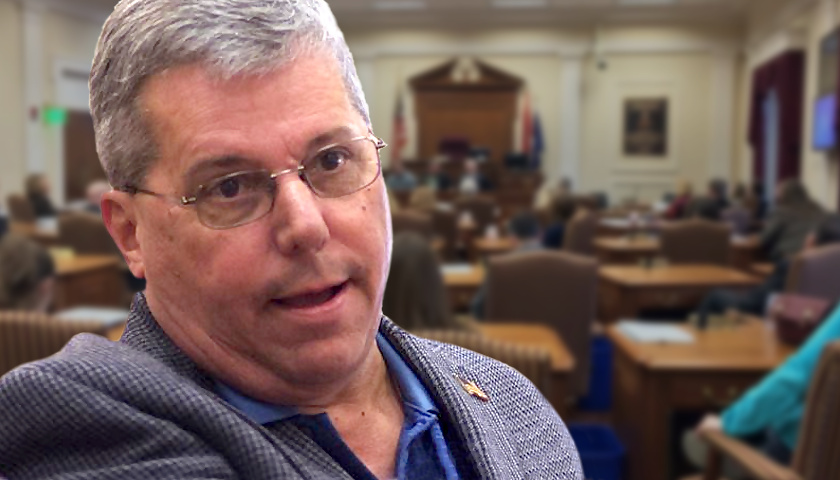A Nashville Metro Council member says if members of various labor unions get their way on the proposed Major League Soccer stadium then Davidson County residents could see a tax increase.
Metro Council member Steve Glover said that’s why it’s past time for city officials to tighten their finances and focus only on the essentials.
Glover made his remarks to The Tennessee Star one day after several of his colleagues held a press conference with members of the group Stand Up Nashville to demand certain benefits.
That happens through what is called a Community Benefits Agreement.
A similar agreement in Cincinnati appeared to require only MLS resources.
Whether the proposed Nashville agreement involves the taxpayers stepping in or whether it’s all on MLS officials to accommodate their demands with their own resources is unclear.
But if taxpayers get involved then the ramifications of that, according to Glover, are a no-brainer.
“There is no other way to do it, other than to raise taxes,” Glover said.
According to their website, Stand Up Nashville is a coalition of community organizations and labor unions. This groups wants Metro officials to build the proposed new Major League Soccer stadium in the city — but they said they have conditions to go along with it.
Their terms, according to WSMV, include more affordable housing, living wage jobs, and daycare services for people who live in south Nashville, near the site of the proposed stadium.
None of Glover’s 39 colleagues on the Metro Council returned The Star’s messages seeking comment Wednesday.
Neither did anyone at Stand Up Nashville.
In an emailed statement, Michael Cass, spokesman for Mayor David Briley, said the mayor looks forward to the results of whatever discussions members of Stand Up Nashville have with Major League Soccer representatives.
As far as Glover’s priorities are concerned, he said Metro officials did not honor a cost of living adjustment promised to its employees this past year. He went on to say they now must cut more than $11 million to save money.
“We can’t afford to pay our people what we promised them, literally 15 or 16 months ago, yet we think we can do all of this other stuff and take on additional debt?” Glover asked.
“At some point you have to understand there is no money left in the bank to keep going on vacation every week as opposed to taking care of the basics, like buying groceries, paying utility bills and doing those things. That’s where we are.”
On top of that, Metro officials are going to add another $50 million minimum on top of its already existing debt.
“I don’t have any idea how we think we can keep doing this and not have to raise people’s taxes. What we proved in the last budget cycle is we’re not willing to make any hard choices and make cuts of non-essential services in order to pay for essential services.”
When asked for specific examples of non-essential services, Glover cited the budgets for both the MTA and the Metro Arts Commission. The latter of the two saw a $1 million increase during the past two years, he said.
“That is not essential. I don’t remember the last time I dialed 911 and said ‘Hey, can you bring me a piece of art to hang up over the wall.’”
– – –
Chris Butler is an investigative journalist at The Tennessee Star. Follow Chris on Facebook. Email tips to [email protected].




